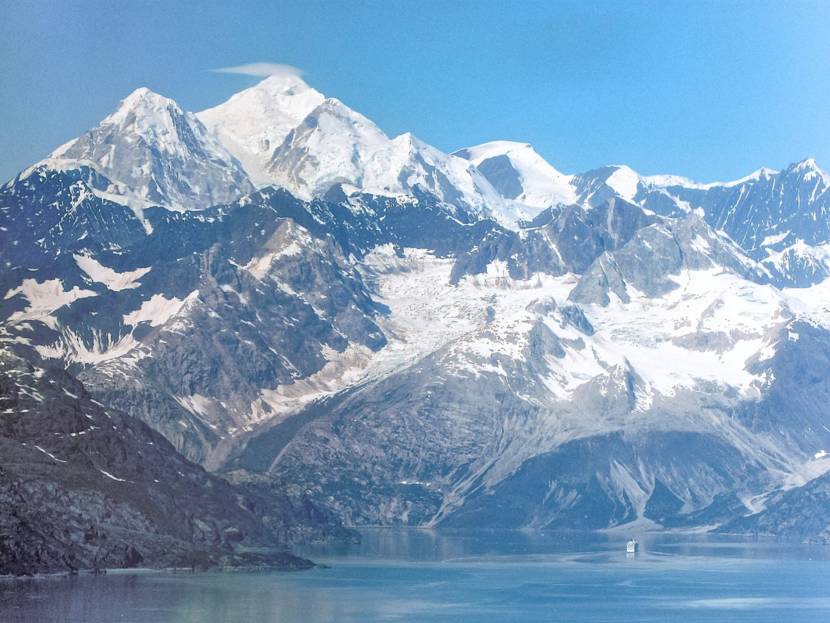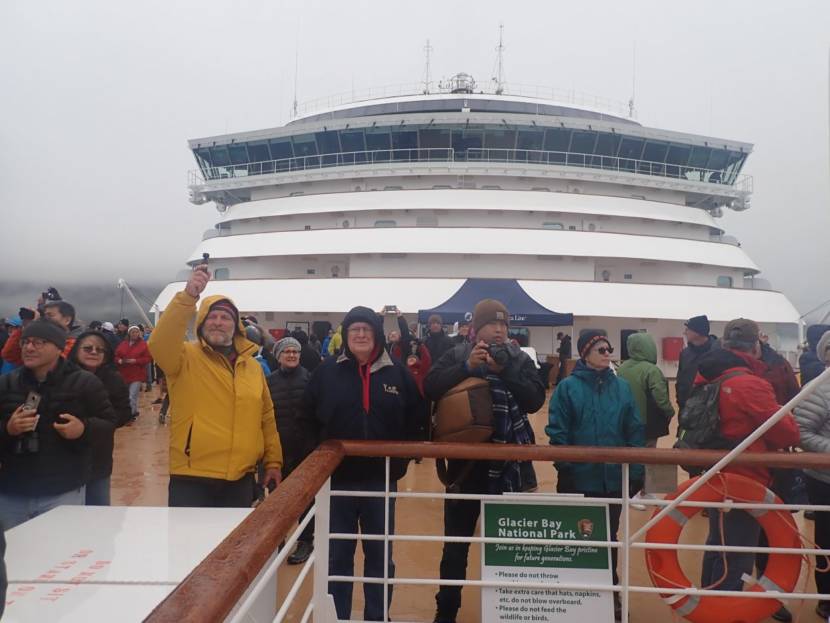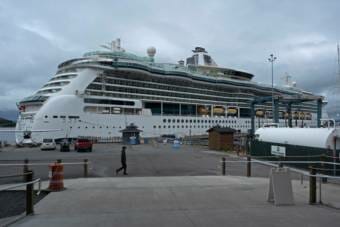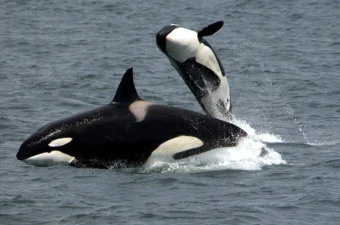
Southeast Alaska’s Glacier Bay National Park and Preserve gets more than 150 visits by cruise ships each year.
National Park Service wildlife biologist Chris Gabriele said the national park normally gets more than 600,000 visitors each year.
“Most of those on cruise ships,” she said.
But then the coronavirus pandemic erased Alaska’s entire 2020 cruise season. That made the waters a lot quieter, and the region’s humpback whales took notice.
“We saw them out in the middle of the channels, taking naps, socializing, feeding with others,” Gabriele told a panel at a Dec. 9 meeting of the American Geophysical Union. “I heard a lot of long exchanges between the whales including what I think may have been a mother and calf.”

Gabriele studies underwater acoustics and its effects on marine mammals. It’s been part of her whale research in Southeast Alaska that’s spanned some 30 years.
In 2020, she and a team redoubled their efforts to make underwater recordings at the mouth and middle of Glacier Bay to observe the effects of relative quiet on marine mammals.
She said as the coronavirus has forced people to socially distance, it’s been the opposite for marine mammals.
“It’s like this horrible pandemic confined us humans into really small spaces but gave the whales back a lot of room to roam both physically and acoustically,” she said.
The audio recordings are on the national park’s website. They also include pods of orcas, harbor seals and other marine life.


